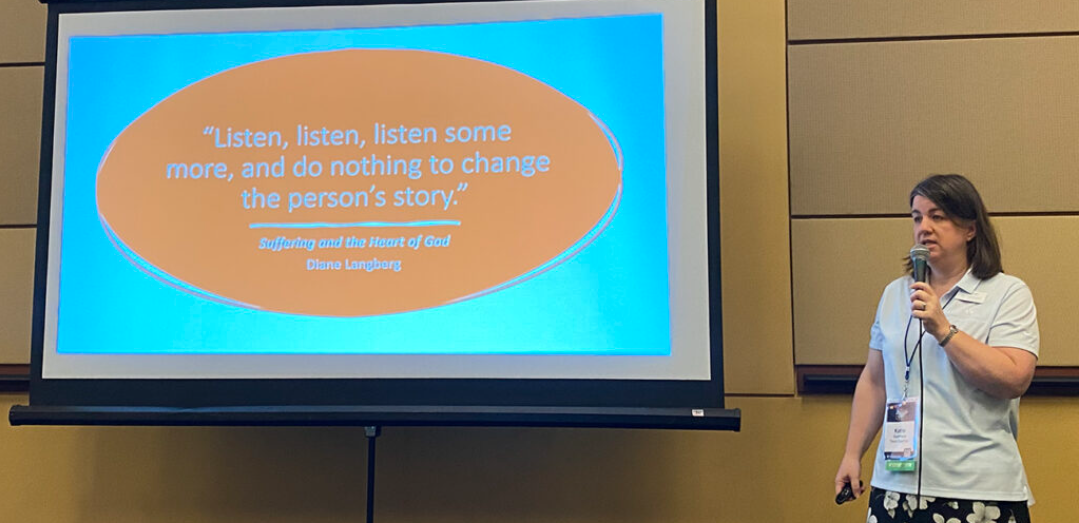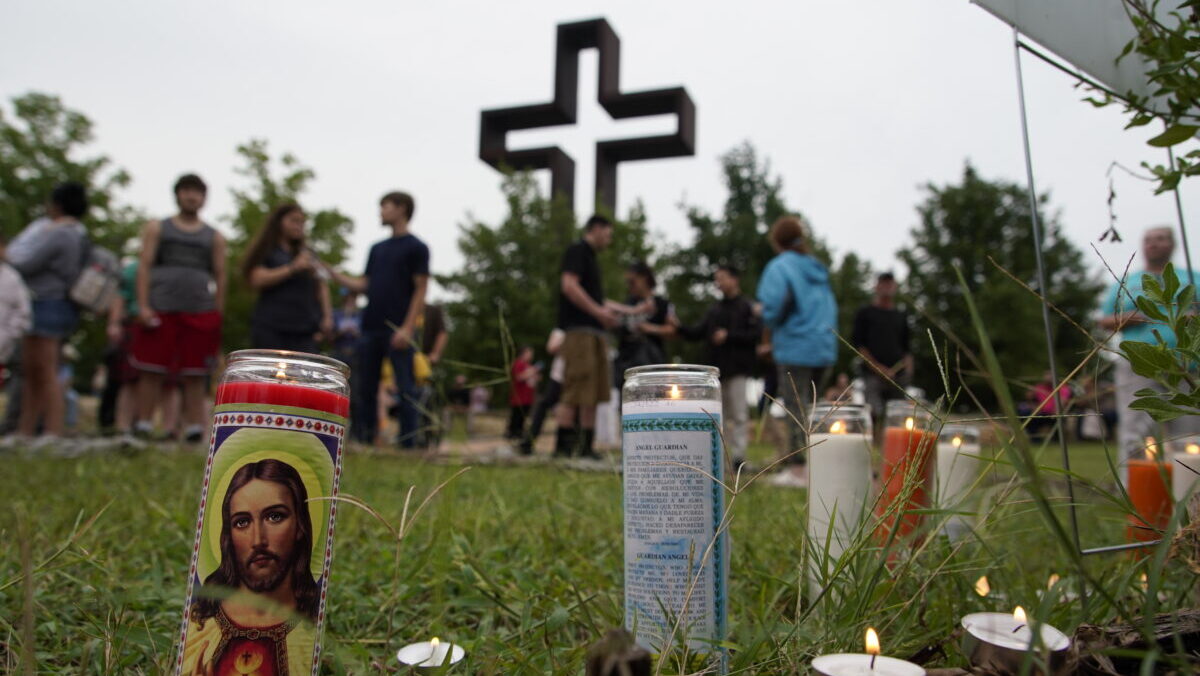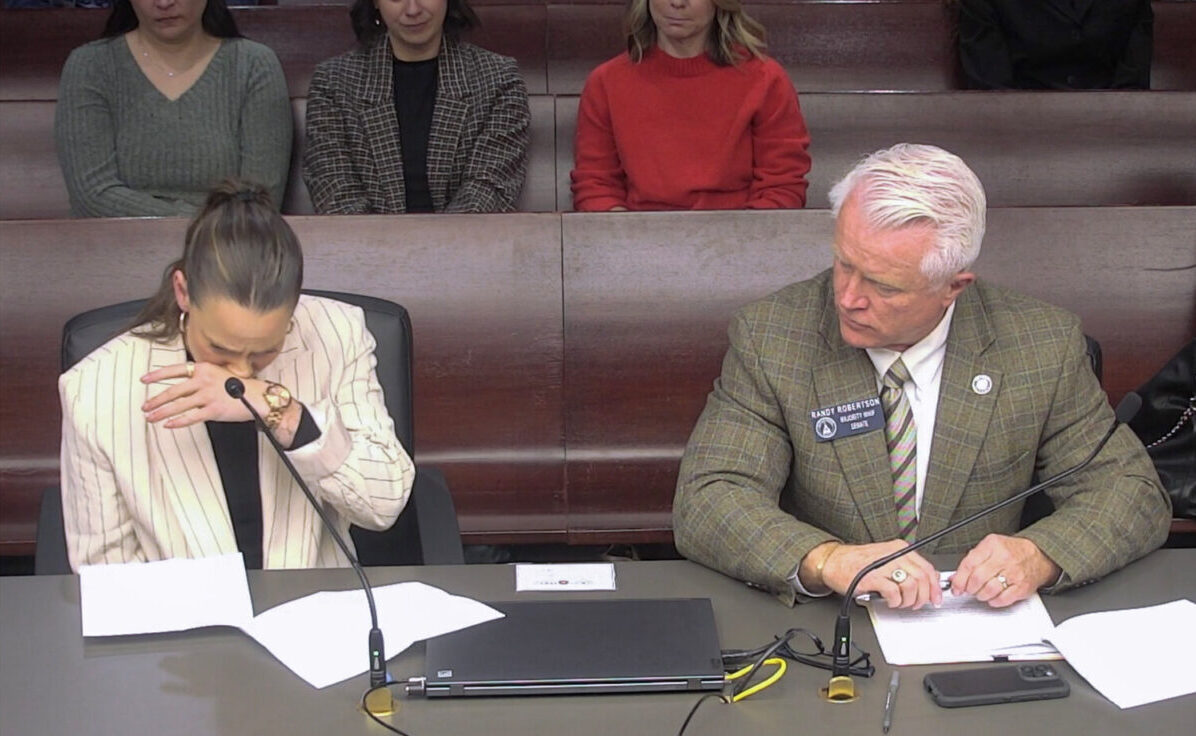Trauma survivors sit in practically every church pew and stand behind many pulpits, licensed professional counselor Katie Swafford told workshop participants during the Baptist General Convention of Texas annual meeting.
Seven out of 10 adults in the United States have experienced a traumatic event at some point in their lives, and pastors are not immune, the National Council for Behavioral Health reported. A 2022 American Bible Society survey revealed 70% of pastors and church leaders experienced trauma, Swafford noted.
About 13 million Americans suffer from post-traumatic stress disorder, and an estimated 60 million are survivors of childhood sexual abuse, she added.
“Trauma is everywhere around us,” said Swafford, director of counseling services for the Baptist General Convention of Texas.
Church can be a ‘place of refuge’
Trauma is the body’s response to a terrible event or loss, and it affects survivors physically, mentally and spiritually, Swafford said.
It can result from an actual event that happened to a survivor or an event the survivor witnessed happening to another person.
Survivors of trauma often feel invisible, silenced, neglected and abandoned, Swafford said.
Trauma-informed churches can provide survivors a place of connection through Scripture, prayer, lament and fellowship, she said.
“Your church can be a safe place for survivors’ stories to be heard — a place of refuge,” Swafford said. “Survivors need to be seen, known, heard and understood.”
Not all Christians are called and equipped to minister to trauma survivors, but they can be informed about trauma and sensitive to the pain of survivors, she said.
Trauma-informed care means understanding survivors need safety, the unconditional presence of someone in their lives and patience on the part of someone who is willing to hear their stories, she explained.
Quoting Ernest Izard of Heartmend, a church-based ministry for trauma survivors, Swafford said, “They need courageous Christians to be the face of God to them. … A courageous Christian is a person who is glad to be with another person, no matter the difficulty.”
Processing trauma
When survivors tell their stories, they need listeners who will validate their pain, meet them where they are, and not push them beyond a point where they are prepared to go, Swafford said.
“Sometimes that means hearing the same story over and over and over again, because that’s how they are processing the trauma,” she said.
Listeners also need to know when they legally are required to report abuse. Reporting obligations and other information is included in Texas Baptists’ “Sexual Misconduct Handbook: Protect, Report & Care” resource. To download the handbook, click here.
In a trauma-informed church, individuals who have experienced trauma can see themselves as precious children of God who are resilient survivors rather than as victims, Swafford said. In a supporting and encouraging church, they can enter into meaningful, joy-giving relationships and thrive in their faith.
“We are wounded in relationships, and we are healed in relationships,” she said. “Joy is relational. Relationships are bigger than any problem.”
EDITOR’S NOTE — This story was written by Ken Camp and originally published by Baptist Standard.










